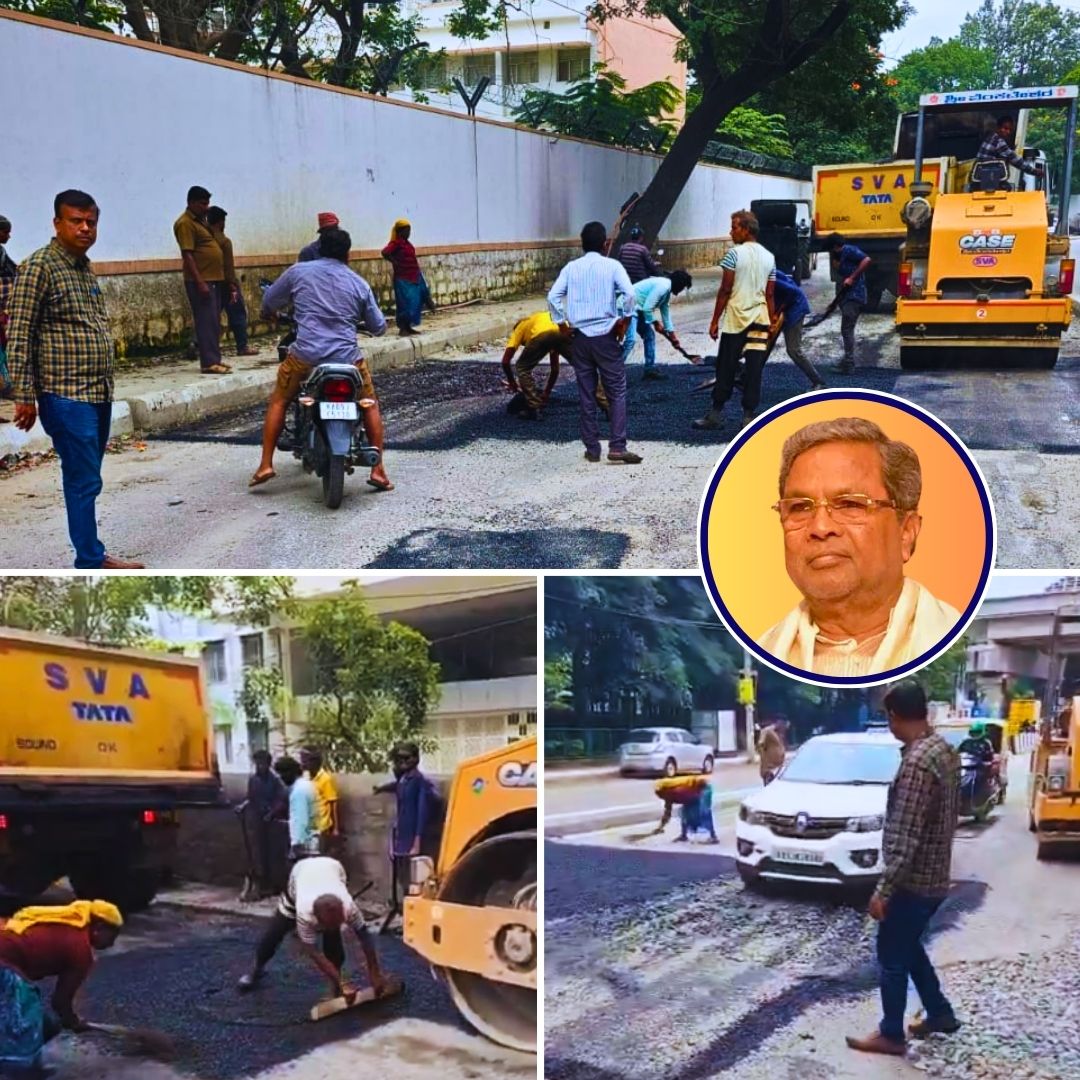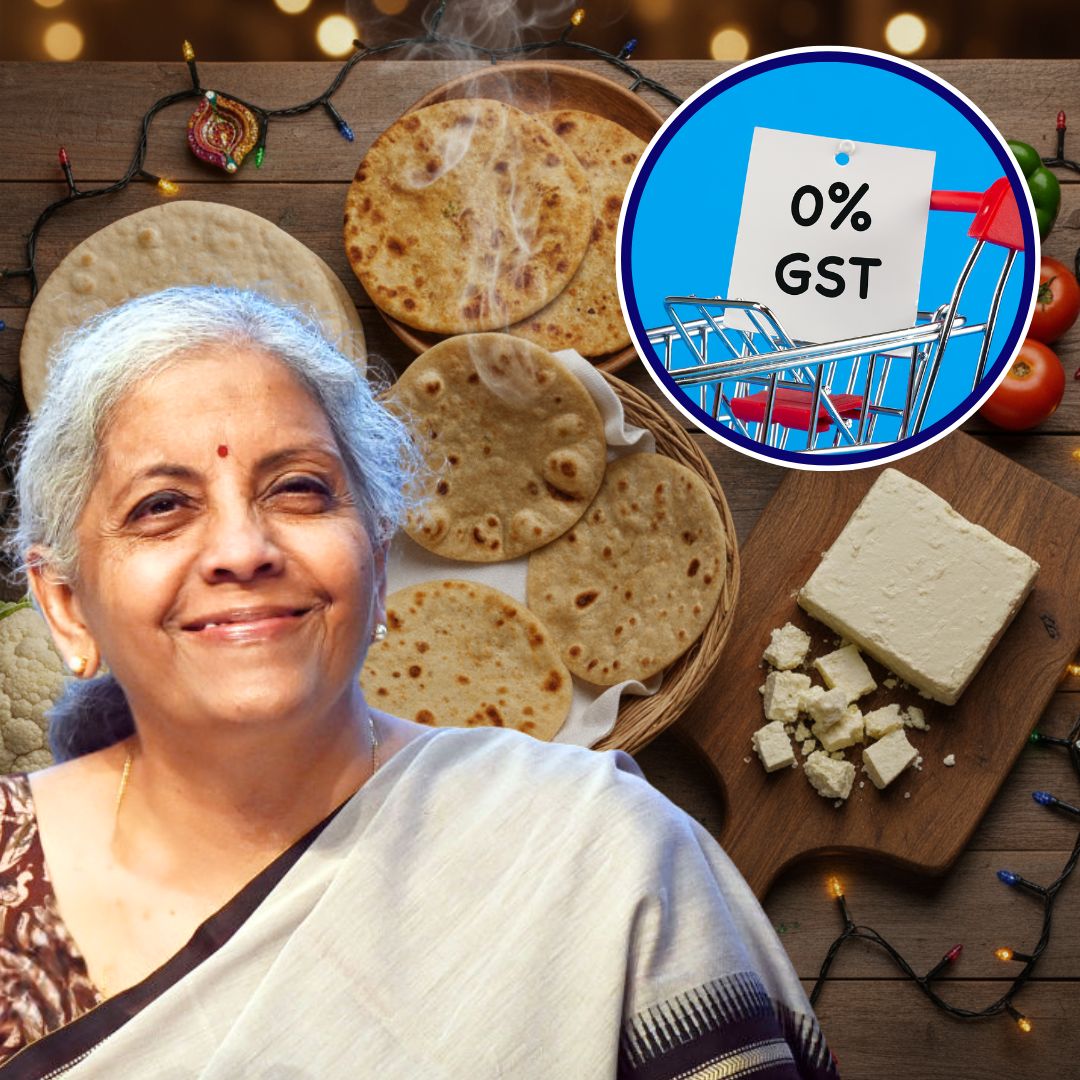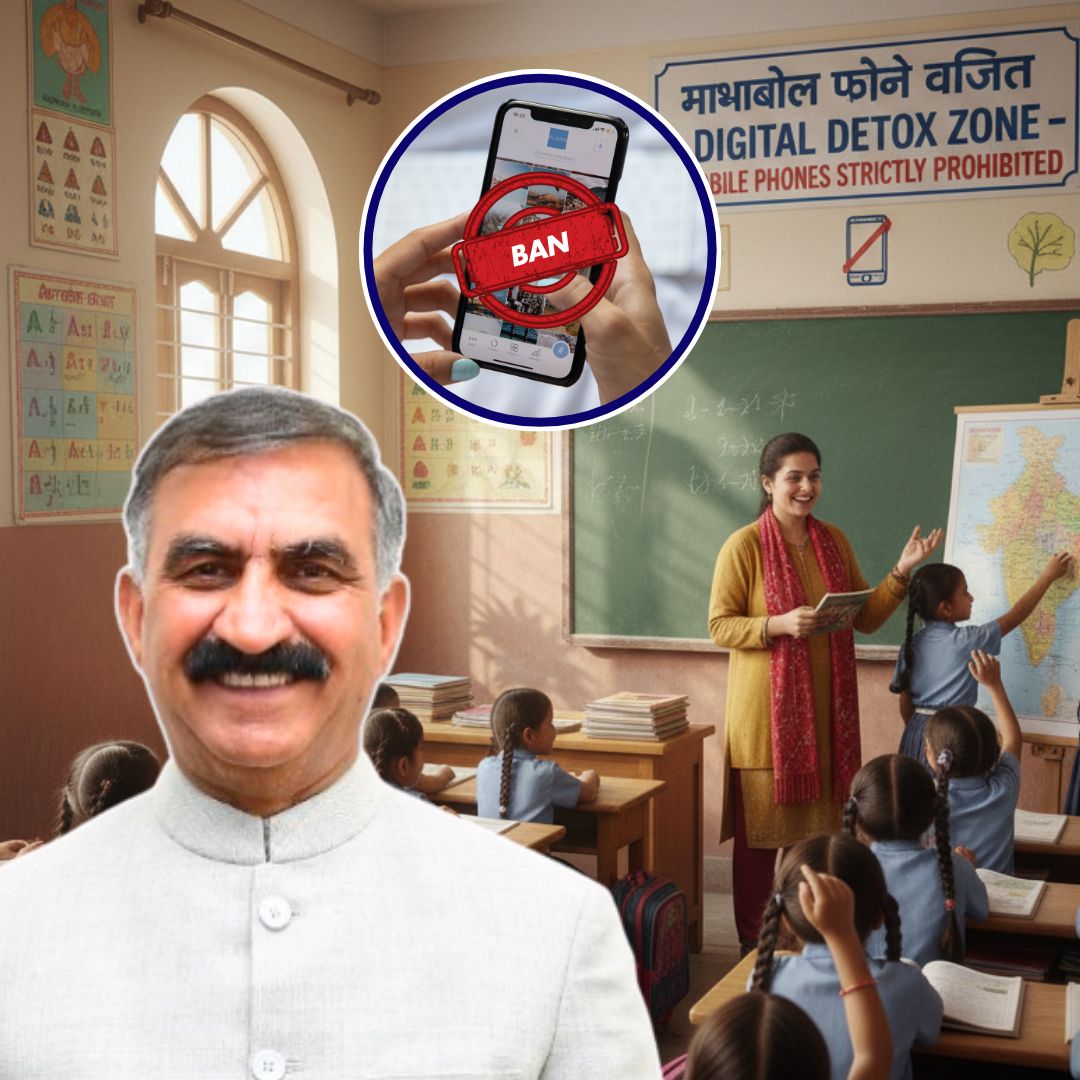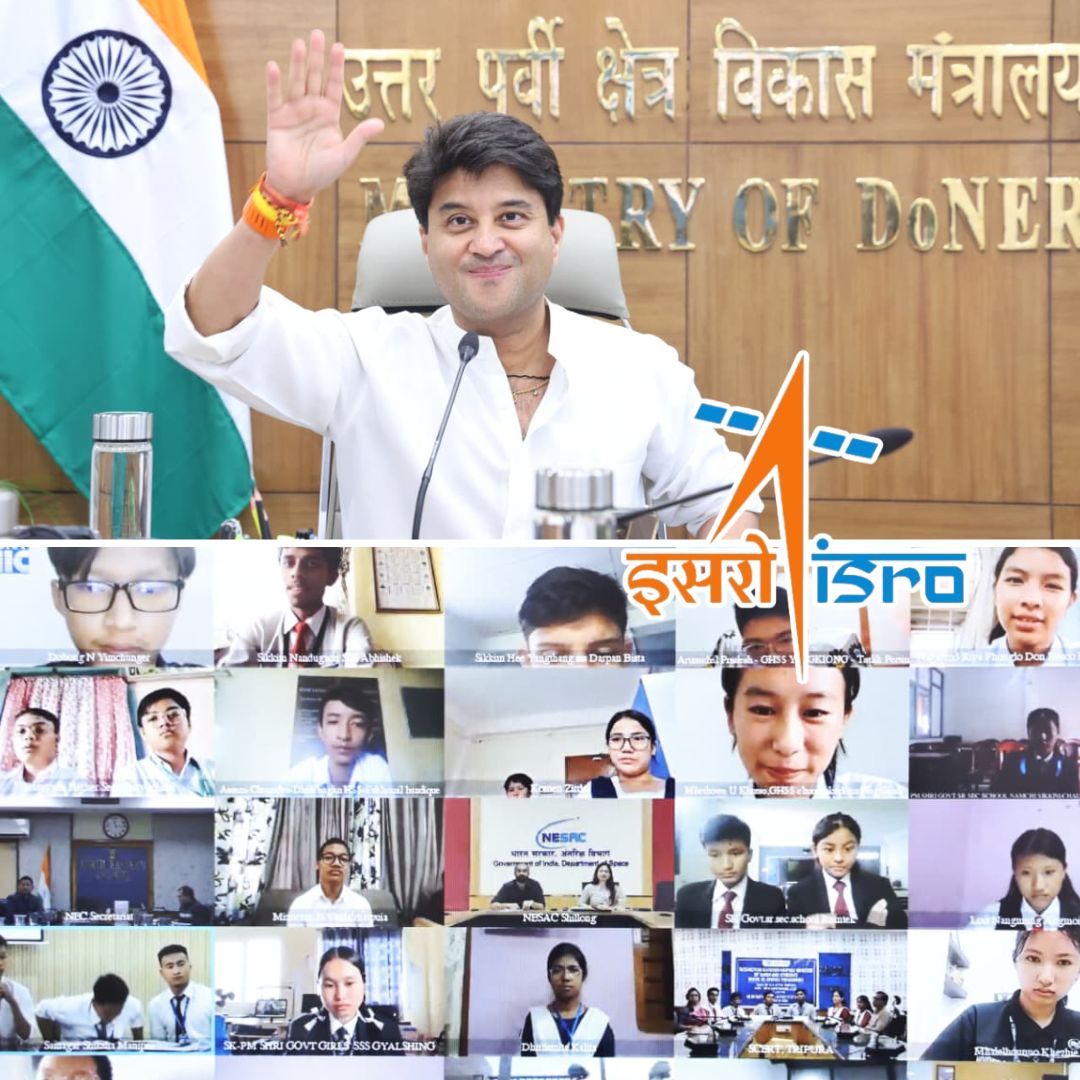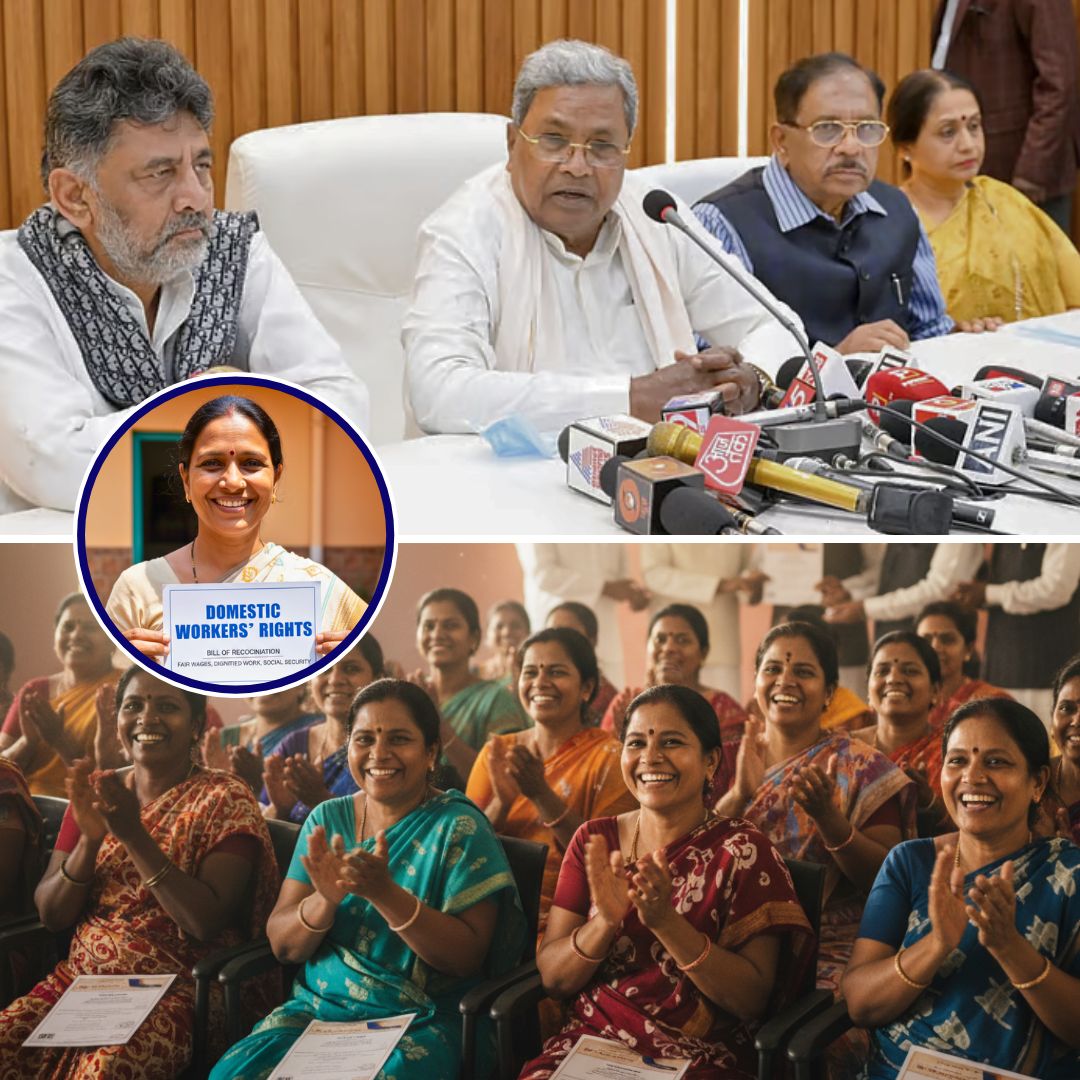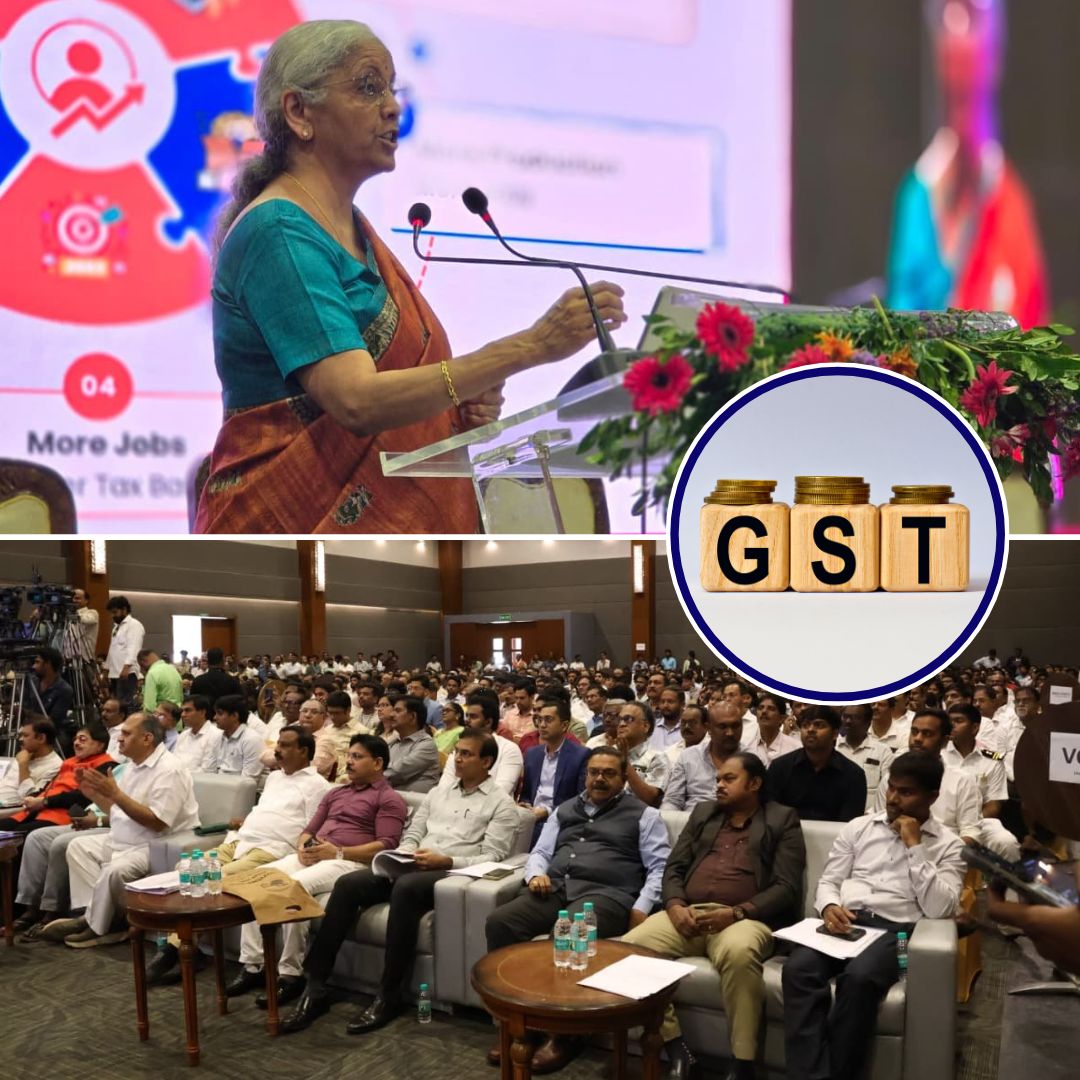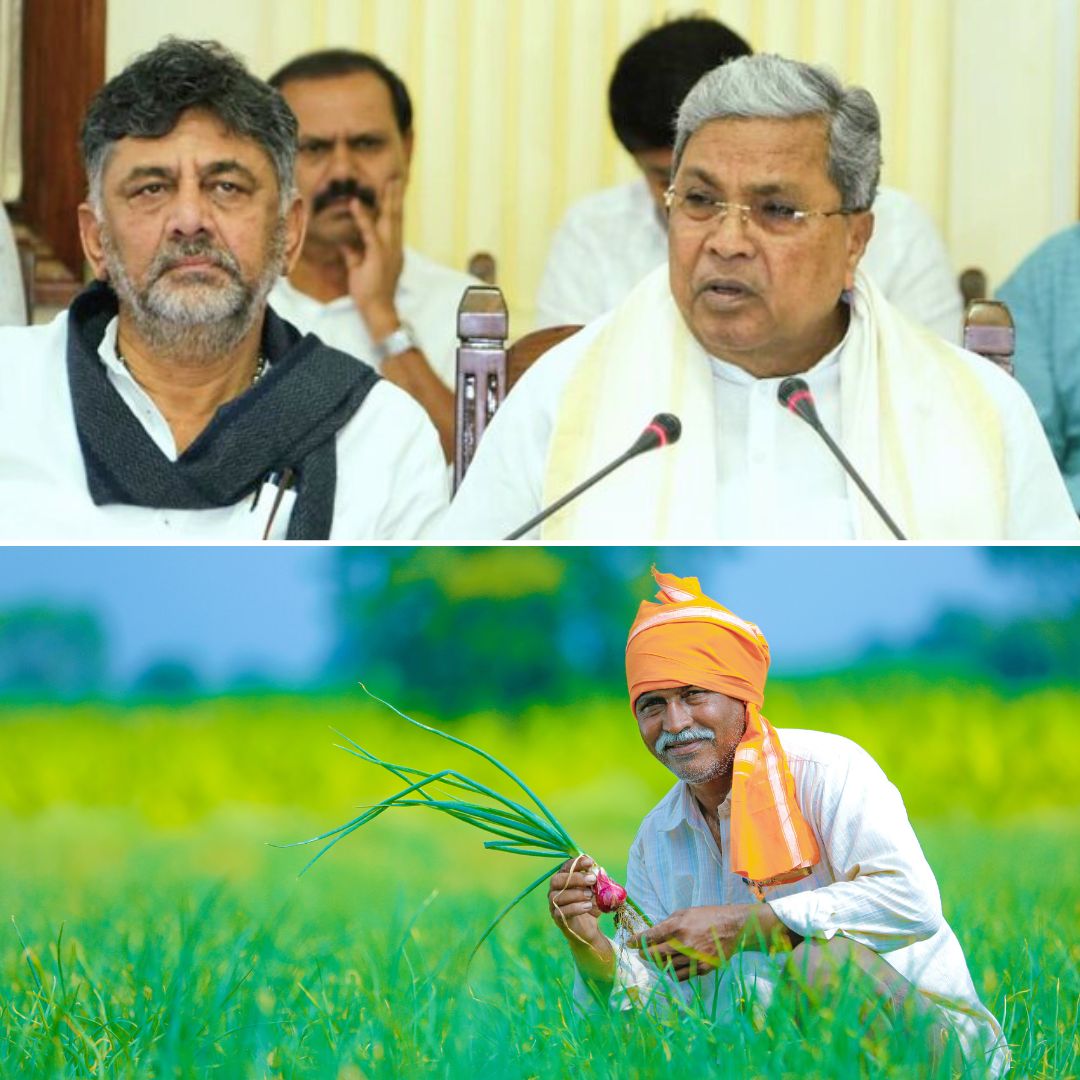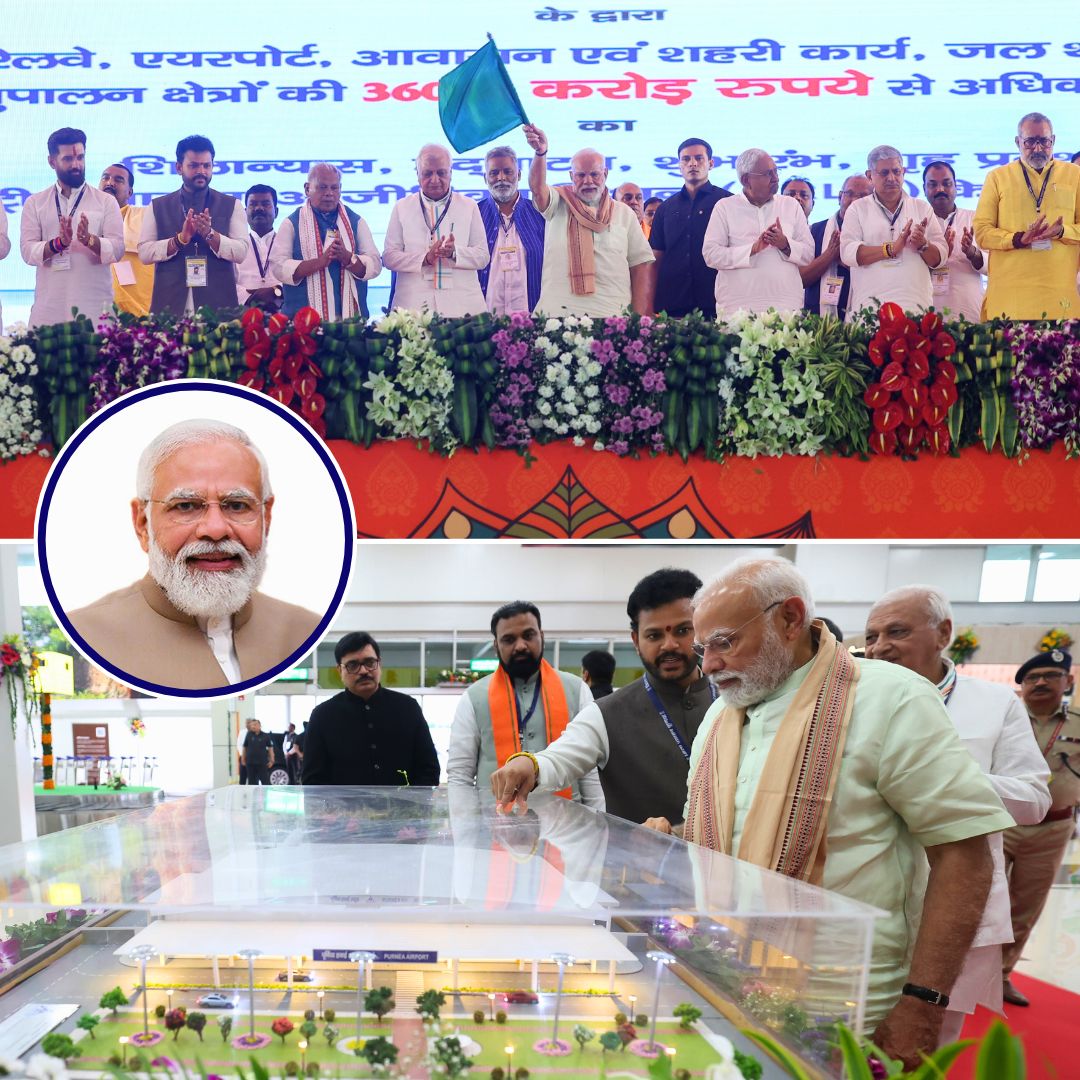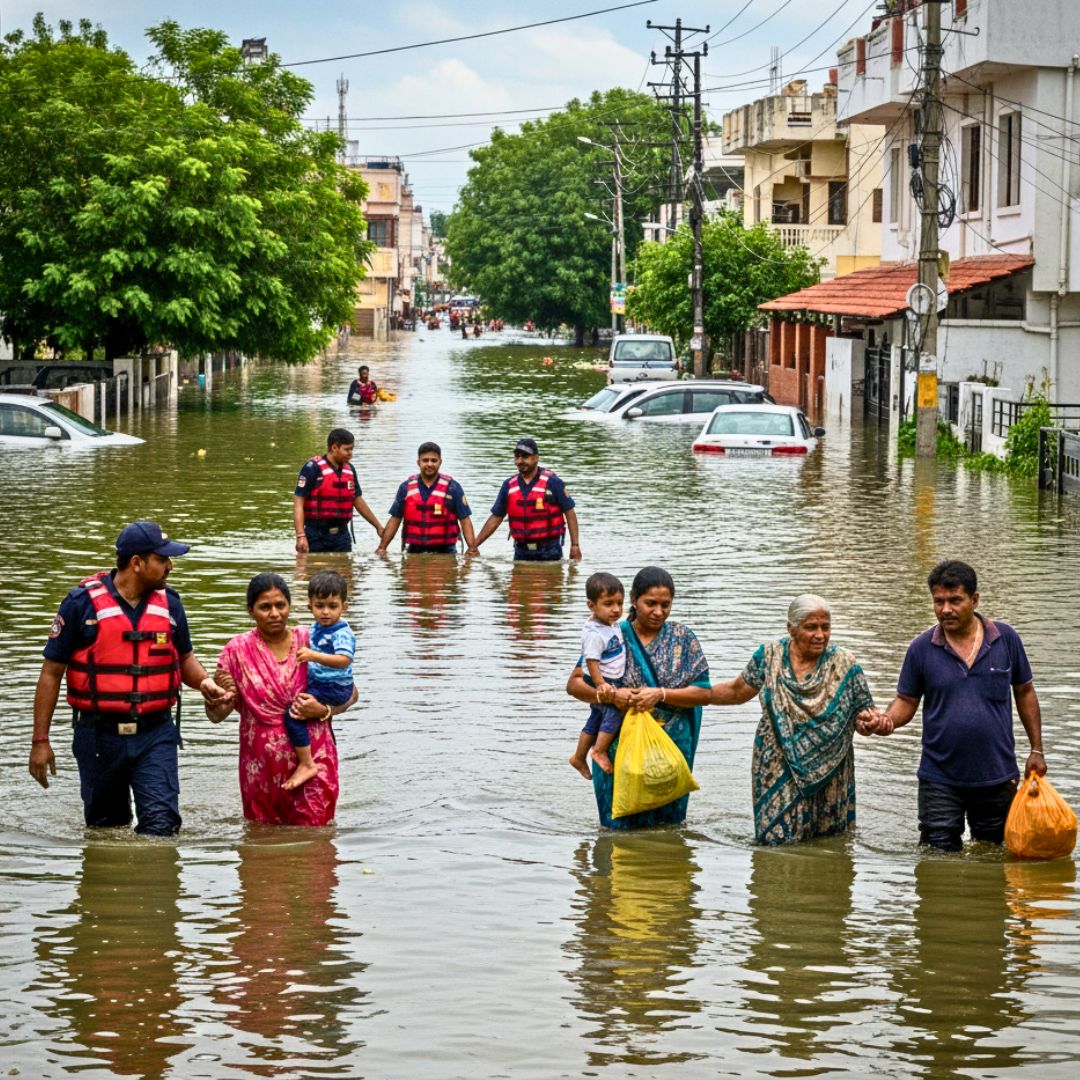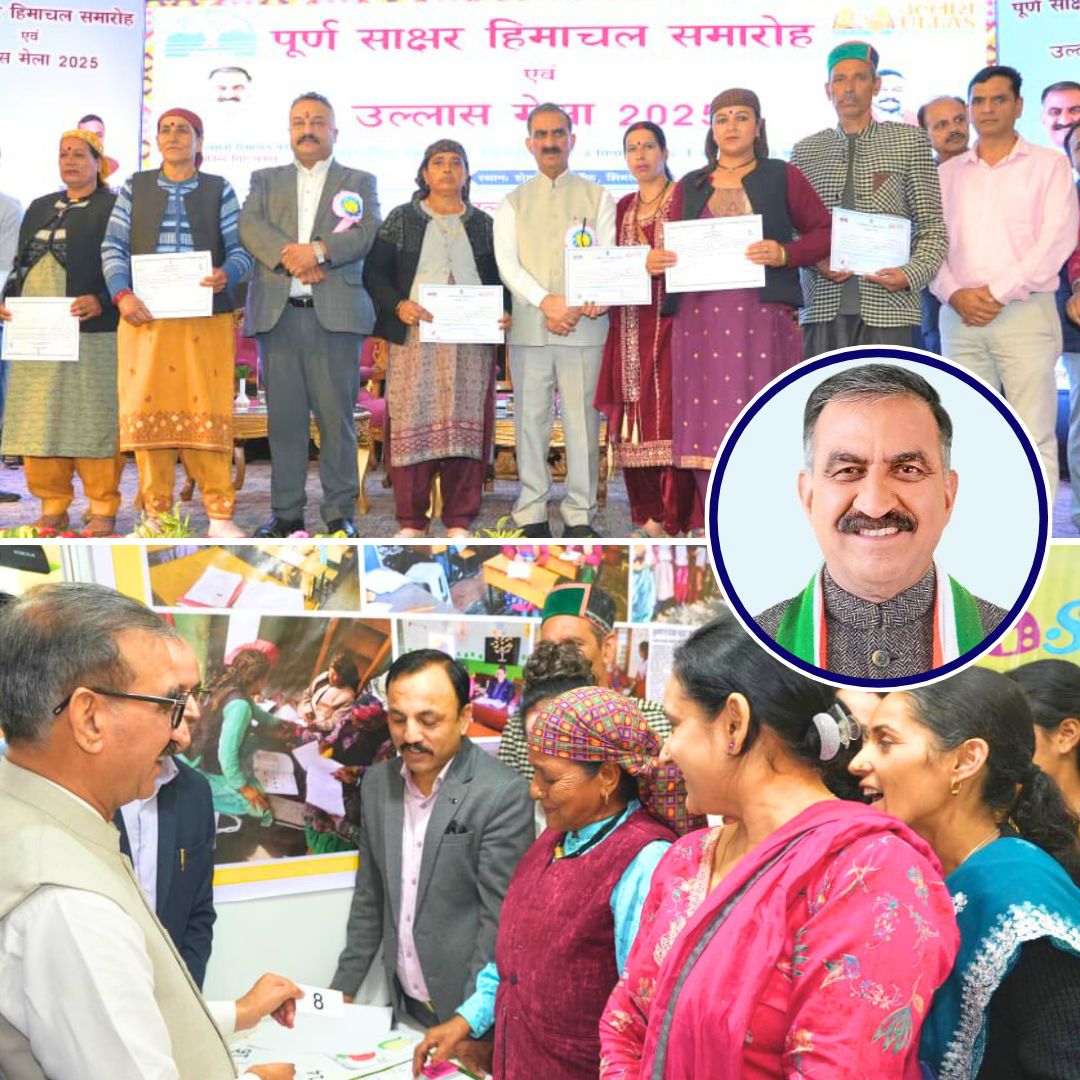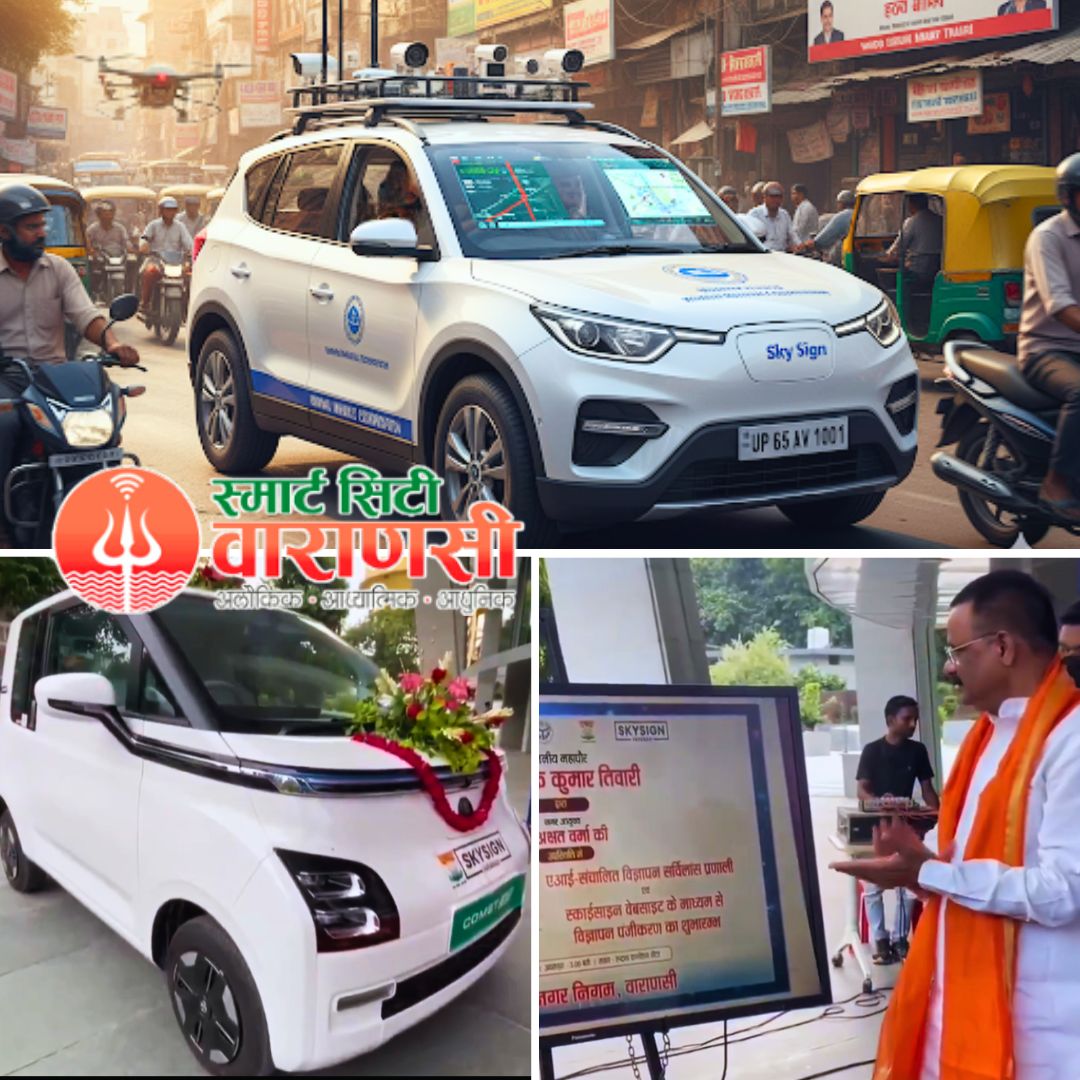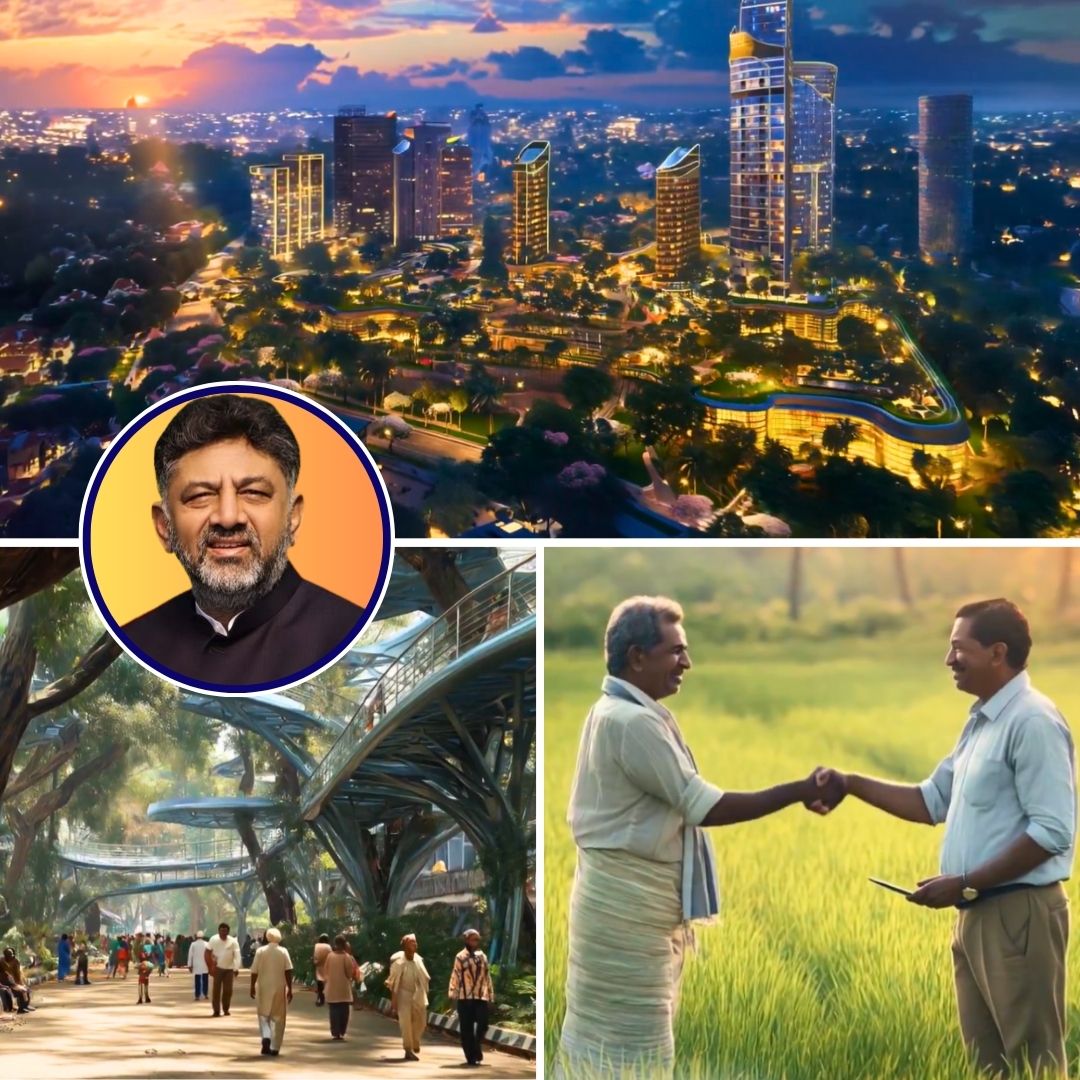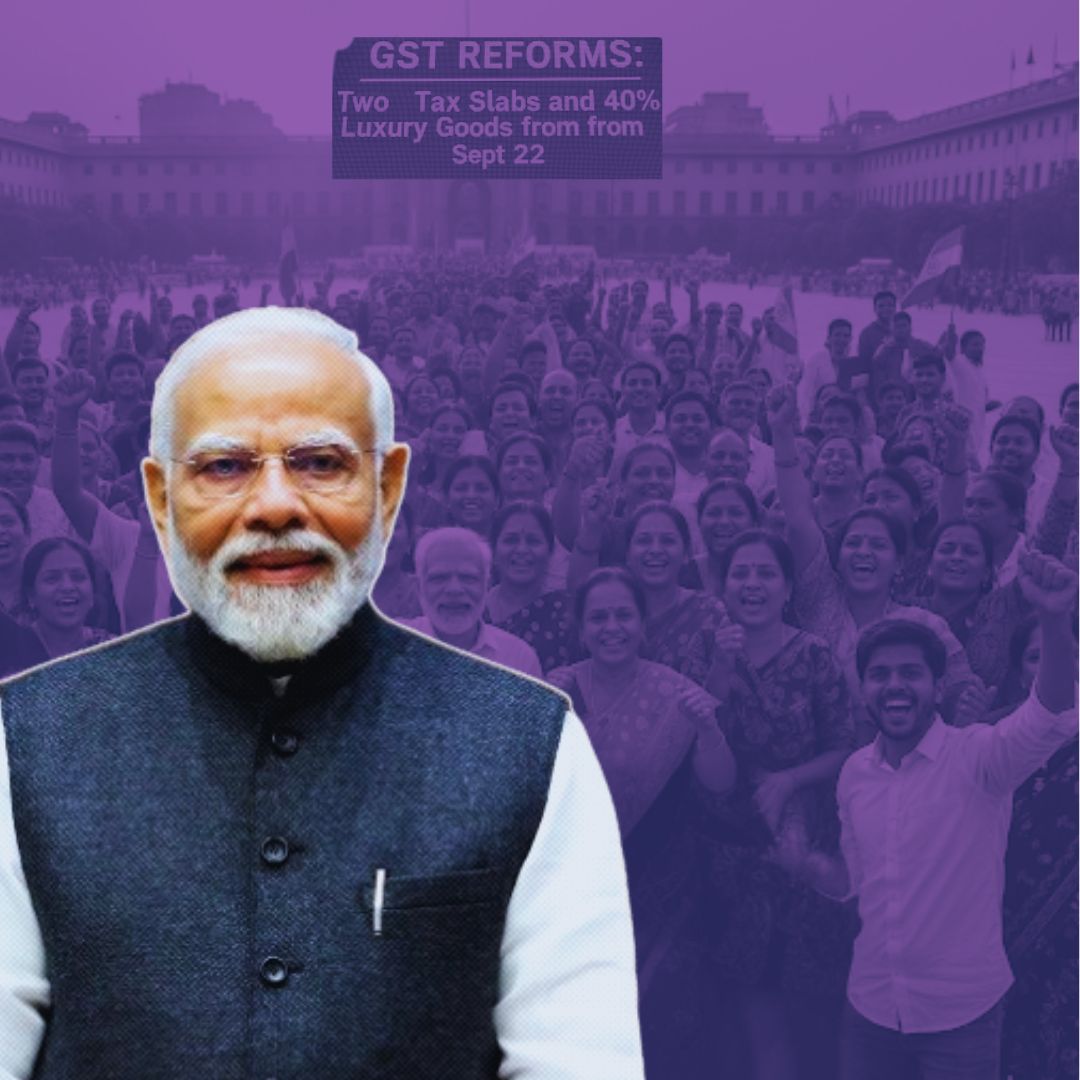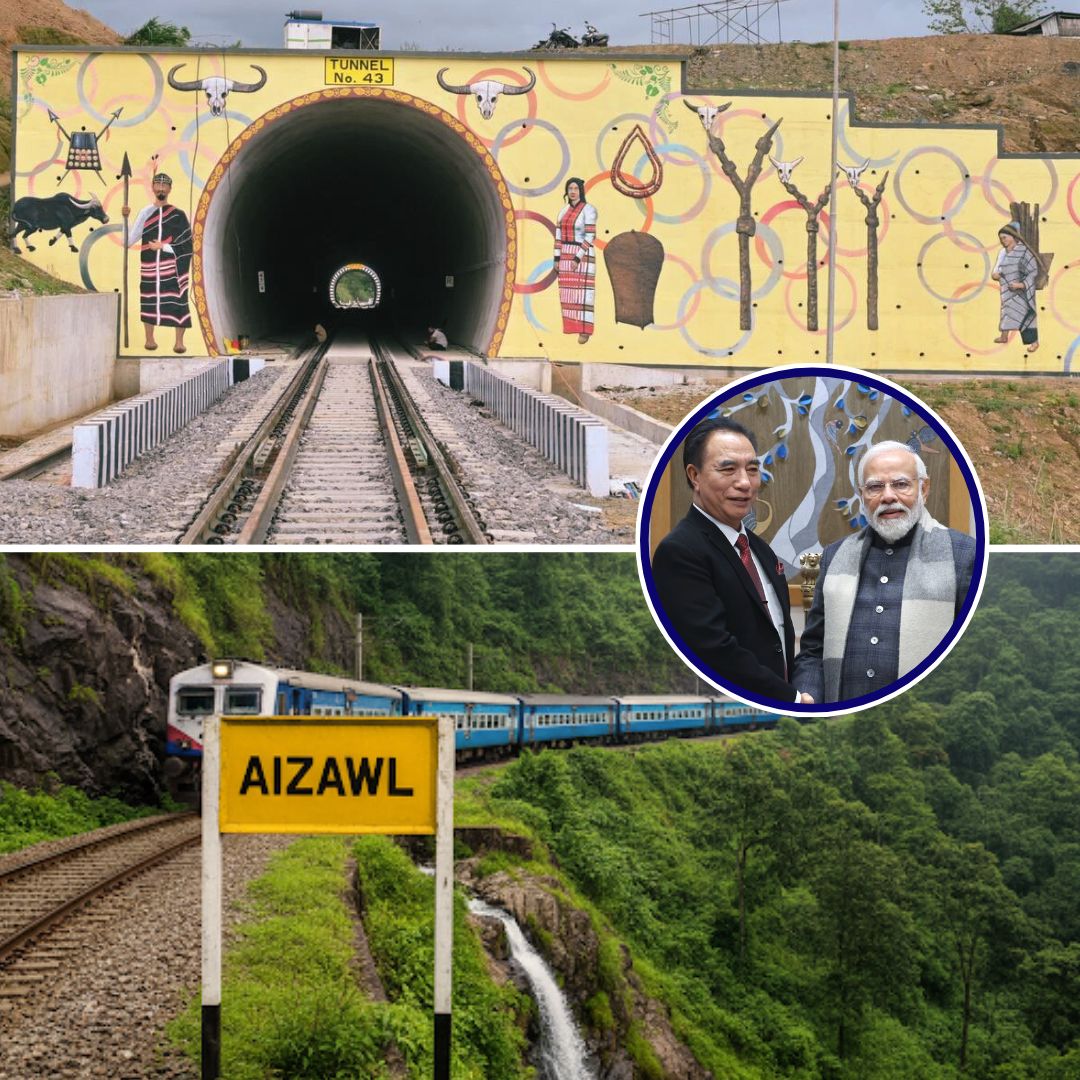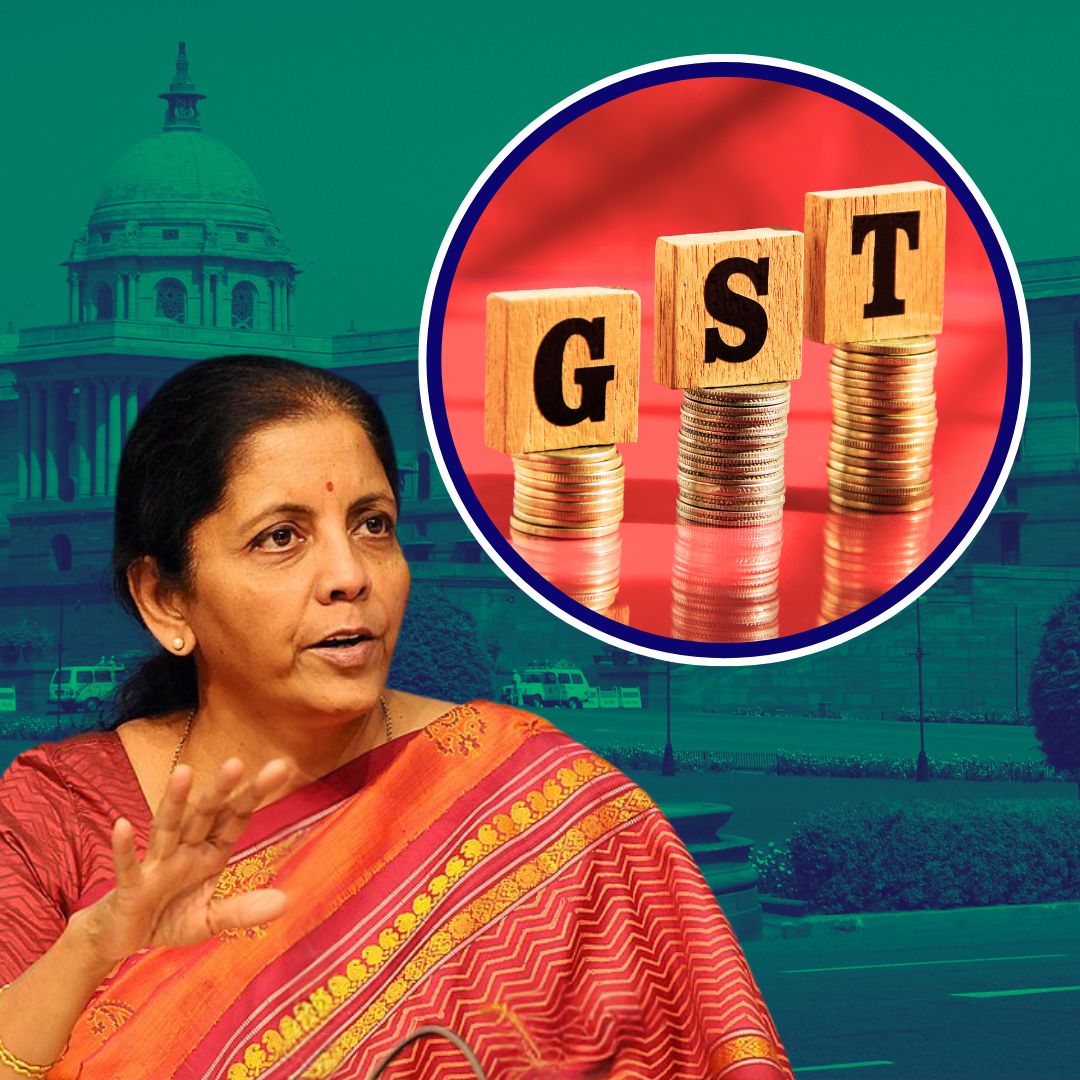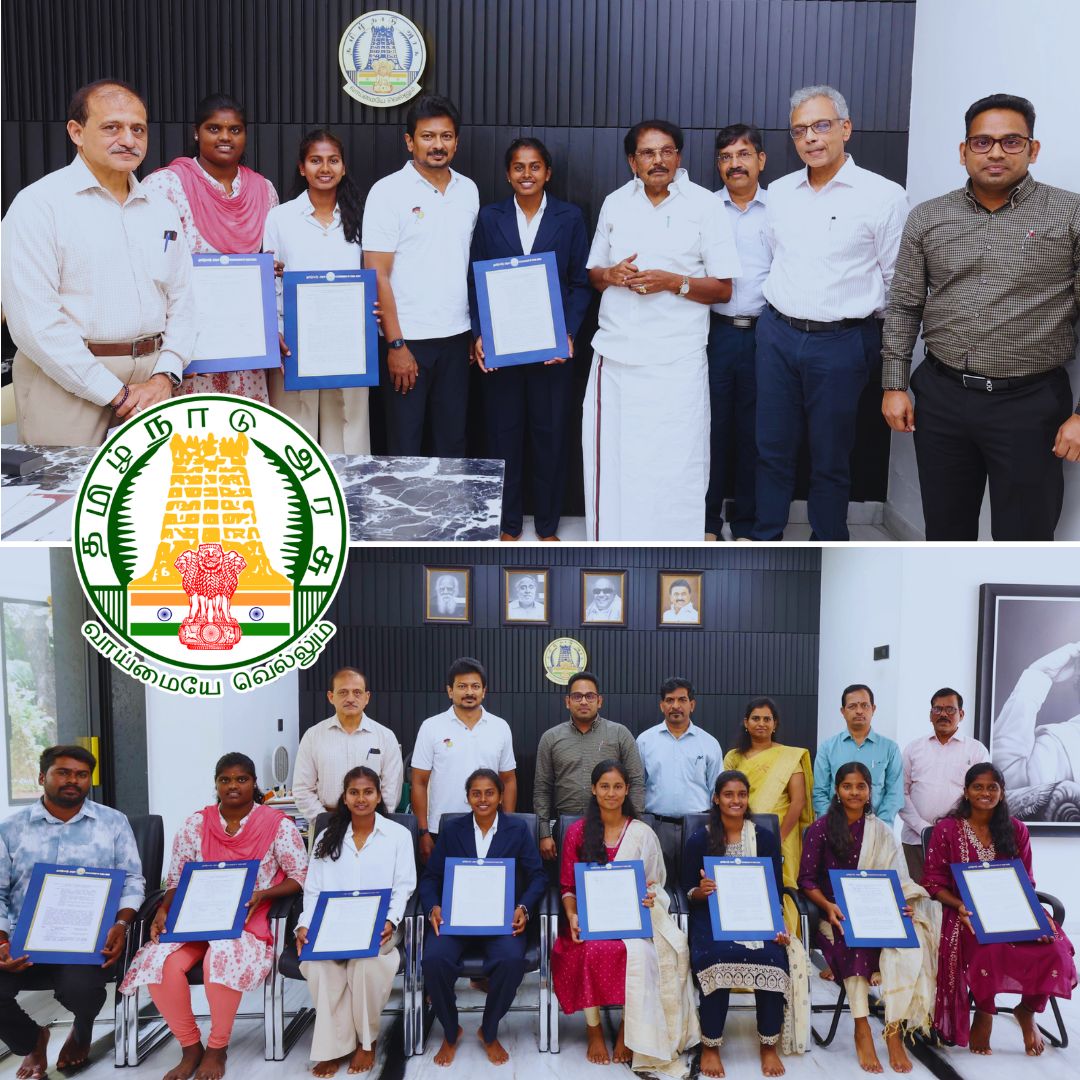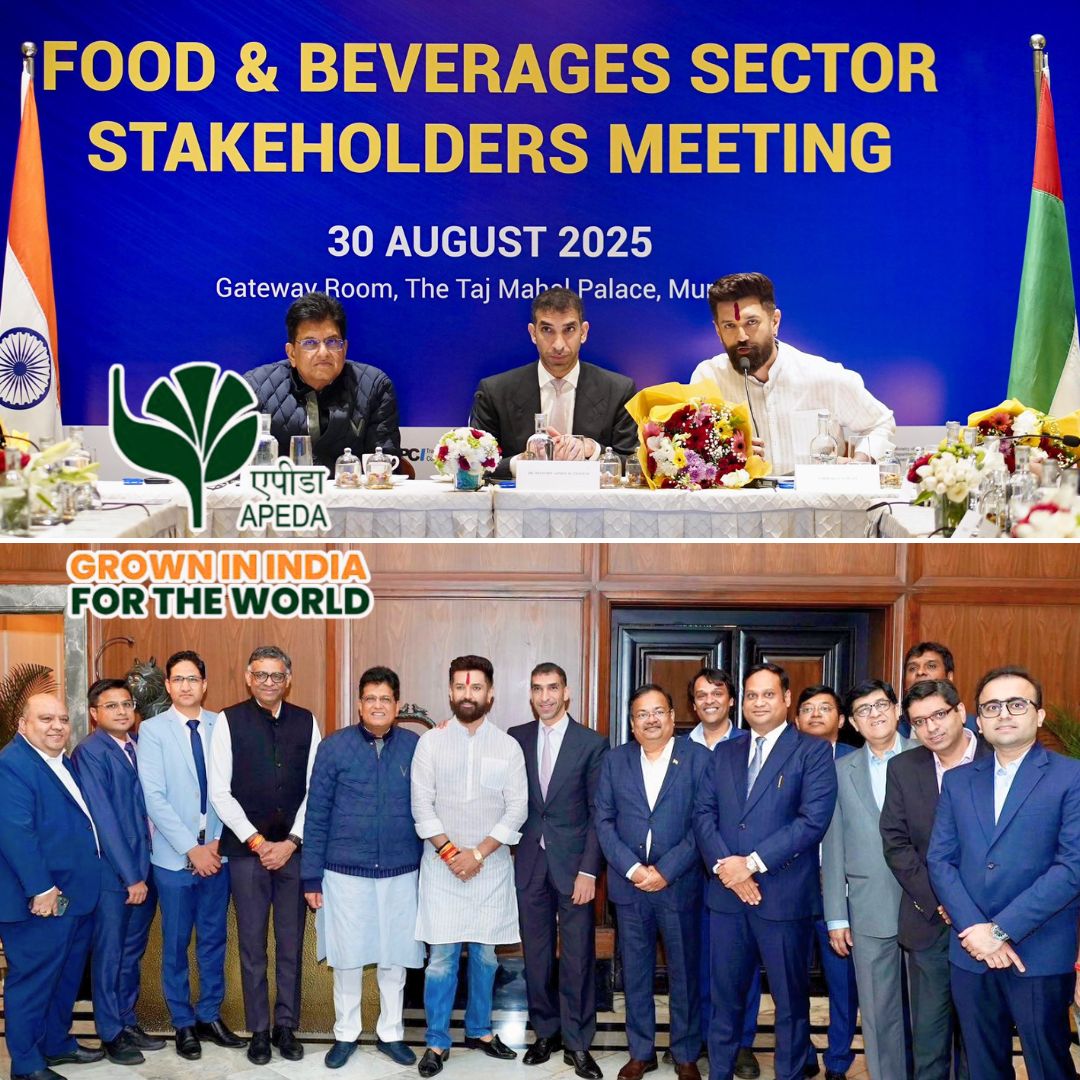Good Governance

Bengaluru Commuters’ Relief: BBMP Begins Urgent Pothole Repairs and Road Resurfacing Near Halasuru Metro, Trinity Junction
BBMP’s ongoing pothole filling and road resurfacing at key Bengaluru junctions aims to enhance commuter safety and reduce congestion.

From Paneer to Paratha, These Daily Essentials Are Now GST-Free; Check Full List
Starting September 22, 2025, GST 2.0 exempts essential food items like paneer, UHT milk, and common Indian breads, reducing costs for millions.

Himachal Pradesh Bans Mobile Phones in Schools to Reduce Distractions and Improve Learning Focus
Himachal Pradesh enforces a strict ban on mobile phones during school hours to improve learning and reduce distractions.
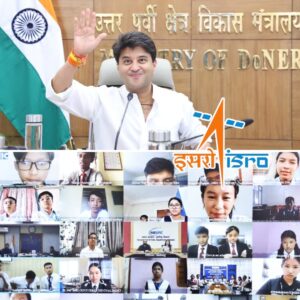
Union Minister Jyotiraditya Scindia Interacts with North Eastern Students Visiting ISRO Under NE-SPARKS
NE-SPARKS exposes meritorious Northeastern students to ISRO’s advanced facilities, inspiring scientific curiosity and ambition.
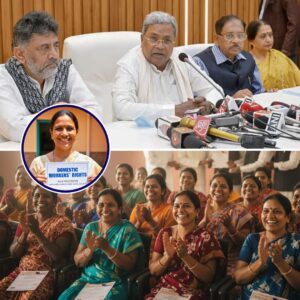
Karnataka to Introduce Domestic Workers Bill Ensuring Wages, Social Security, and 5% Welfare Fee
Karnataka’s new bill seeks to protect domestic workers through mandatory registration, social security, and a welfare fund.
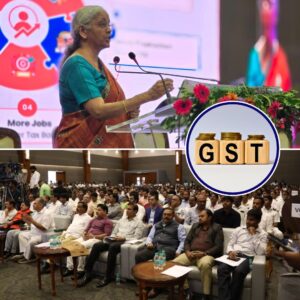
Nirmala Sitharaman Unveils GST Reforms From Sept 22: Two-Tier Slabs, Cheaper Essentials; Know More
India’s GST reforms cut tax rates on essentials, boost disposable income, and simplify compliance starting September 22, 2025.
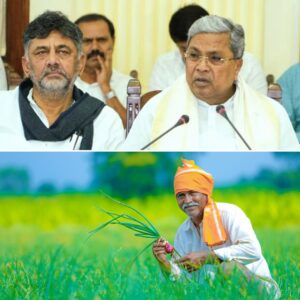
Karnataka Announces ₹40 Lakh Per Acre for Irrigated, ₹30 Lakh for Dry Land Farmers Affected by Upper Krishna Project
Karnataka unveils historic compensation and rehabilitation plan for farmers displaced by the Upper Krishna Project-III.
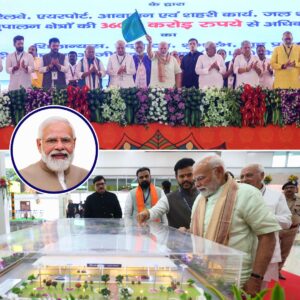
PM Modi Launches ₹36,000-Crore Projects in Bihar; Boosting Power, Rail, and Rural Development
Prime Minister Narendra Modi launched projects worth Rs 36,000 crore across energy, rail, airport, irrigation, and housing sectors in Purnea, Bihar, to drive regional growth and employment.

Global Flood Solutions: How Countries Are Responding with Policies, Innovations, and Community Resilience
Floods are among the deadliest disasters, impacting billions worldwide. But countries are responding with powerful solutions—from giant flood channels to local community systems. Discover global initiatives that are protecting people where it matters most.

Lucknow Emerges as Healthcare Hub with ₹2,500-Crore Investments and New UP Health Policy
Lucknow has witnessed a remarkable transformation in healthcare over 250 years, evolving from traditional home-based care under the Nawabi era to a thriving modern medical

Historic Win for Equality: South Africa Court Strikes Down Colonial-Era Ban, Allows Husbands to Take Wives’ Surnames
The Constitutional Court ruled that colonial-era discriminatory surname laws violate equality, allowing men to adopt wives’ names.

Karnataka Government Fixes Movie Ticket Prices at ₹200 Across Theatres and Multiplexes
The Karnataka government fixates maximum cinema ticket price at Rs 200 statewide, excluding small premium multi-screen venues.
Good Governance
- Governance
- Progress
- Welfare
Recognising exemplary leadership, progressive policies, and impactful governance initiatives driving transformation and public welfare.


